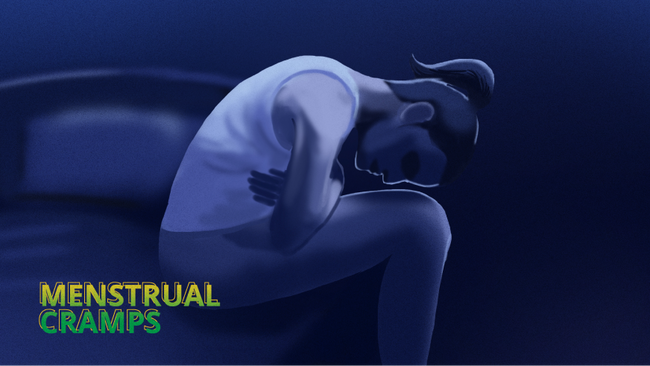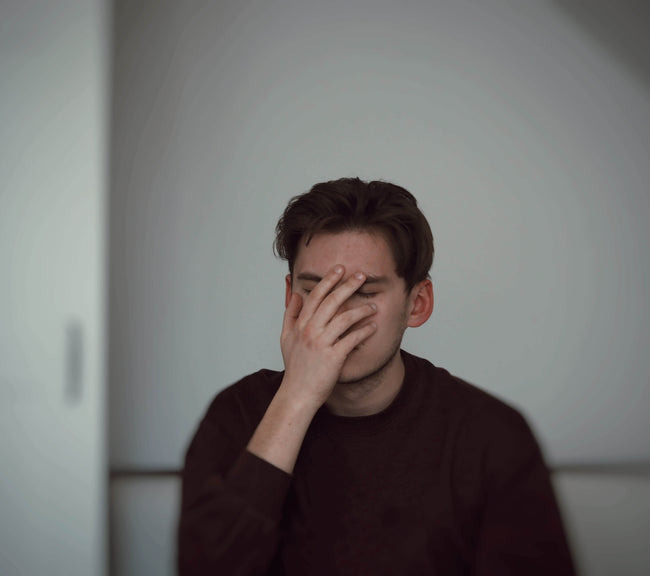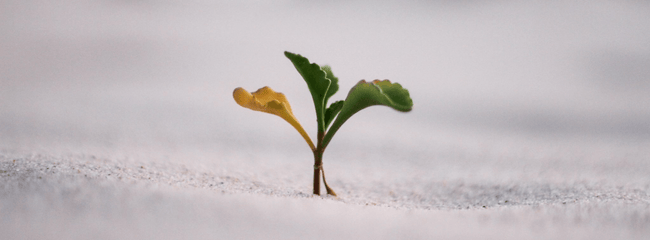According to the National Coffee Association, the amount of coffee drank in the U.S. has increased by 5% since their previous survey in 2015. The results found that 62% of Americans drink coffee daily and the average is over 3 cups per day. Even though many people are sipping on that morning cup of Joe for a boost of energy, there are others who wonder, “Why does coffee make me sleepy?”
Though the caffeine found in coffee is a stimulant, you can still feel tired after drinking coffee. There are other effects caffeine can have on your body to make you feel like it is nap time. We’ve broken down the reasons why and how you may be able to minimize these effects.
Why does coffee make you sleepy & tired?
Everyone is different and reacts to coffee in different ways. Effects can vary based on the amount of coffee you drink, what you put in your coffee, and how caffeine impacts your brain.
Coffee blocks adenosine
Adenosine is a chemical in our body that plays an important role with our sleep. When we’re awake our brain produces adenosine levels which gradually rise every hour, and it decreases when we’re asleep. Normally, when adenosine is produced it begins to bind to receptors in the brain which slows brain activity gradually in order to prep for sleep. When you drink caffeine, research has shown that it actually blocks adenosine from connecting to brain receptors.
Caffeine has a half-life of about 4 hours according to the Institute for Scientific Information on Coffee, for example, if you drank 200 mg of caffeine after 4 hours you will have 100 mg still in your system. The effects of caffeine, including energy, tend to peak 15 to 45 minutes after drinking it as your liver works to metabolize it. Once caffeine begins to break down, the side effects go away.
Even though caffeine blocks adenosine from binding to its receptors, the brain doesn’t stop producing it. Therefore, once caffeine is metabolized, all of the adenosine molecules that were produced can bind to receptors and may create a feeling of sleepiness. So, if you are wondering “why caffeine makes me sleepy,” then this could be your reason.
It’s the sugar in coffee
If you don’t drink your coffee black, the additives may be the cause of feeling sleepy. Sweetening your coffee with honey, syrups, whipped cream, or sugar can result in a sugar spike followed by a sugar crash due to it being a simple carb.
When you eat sugar, your body breaks it down into glucose to be used as fuel. Simple carbs are digested quickly and therefore create a spike in blood sugar. In order to offset the spike, your body produces a hormone called insulin which helps glucose exit the blood and enter into cells for energy. Since insulin removes glucose from the blood, your blood sugar levels drop which Sanford Health says can result in symptoms such as:
- Fatigue and anxiety
- Lack of concentration
- Irritability
- Headaches
Beyond impacting energy levels, research also shows high sugar intake can lead to serious medical conditions including diabetes and heart disease. It is advised to stay away from sugar to overcome brain fog and anxiety.
You may be dehydrated
Caffeine is a diuretic which means it makes you urinate more often. The reason behind this is because caffeine increases the blood that goes through your kidneys causing them to release more water. Although there is some belief that this can lead to dehydration, research has found that moderate intake of coffee typically does not create dehydration and may even contribute to hydration.
A small 2017 study published in Frontier Nutrition had 10 healthy adults consume 200 mL (6.8 ounces) of water along with low caffeine (269 mg) and high caffeine (537 mg) to determine if there was any effect on their fluid balance. The result found that the high caffeine coffee did have a short-term diuretic effect, but the low caffeine and water were hydrating.
A common symptom of dehydration is fatigue, and if you’re unknowingly dehydrated, drinking coffee without water may make it worse and you might become tired after drinking coffee. Dehydration can also include other symptoms like:
- Dark colored urine
- Dizziness
- Extreme thirst
Takeaways
Although we’re usually prepared to feel a burst of energy after having a cup of coffee, that’s not always the case. Since caffeine can impact processes in the brain, disrupt sleep, and even become tolerated after consistent intake, that energizing feeling may be short-lived and turn to sleepiness. It is because of this that you end up thinking, "Why does coffee make me feel sleepy?"
To prevent feeling like you need a nap after coffee, stick with the recommended daily intake of caffeine and limit the amount of sugar you use. It’s also important to stay hydrated throughout the day with water and avoid drinking coffee too close to the time you plan to hit the hay.


































